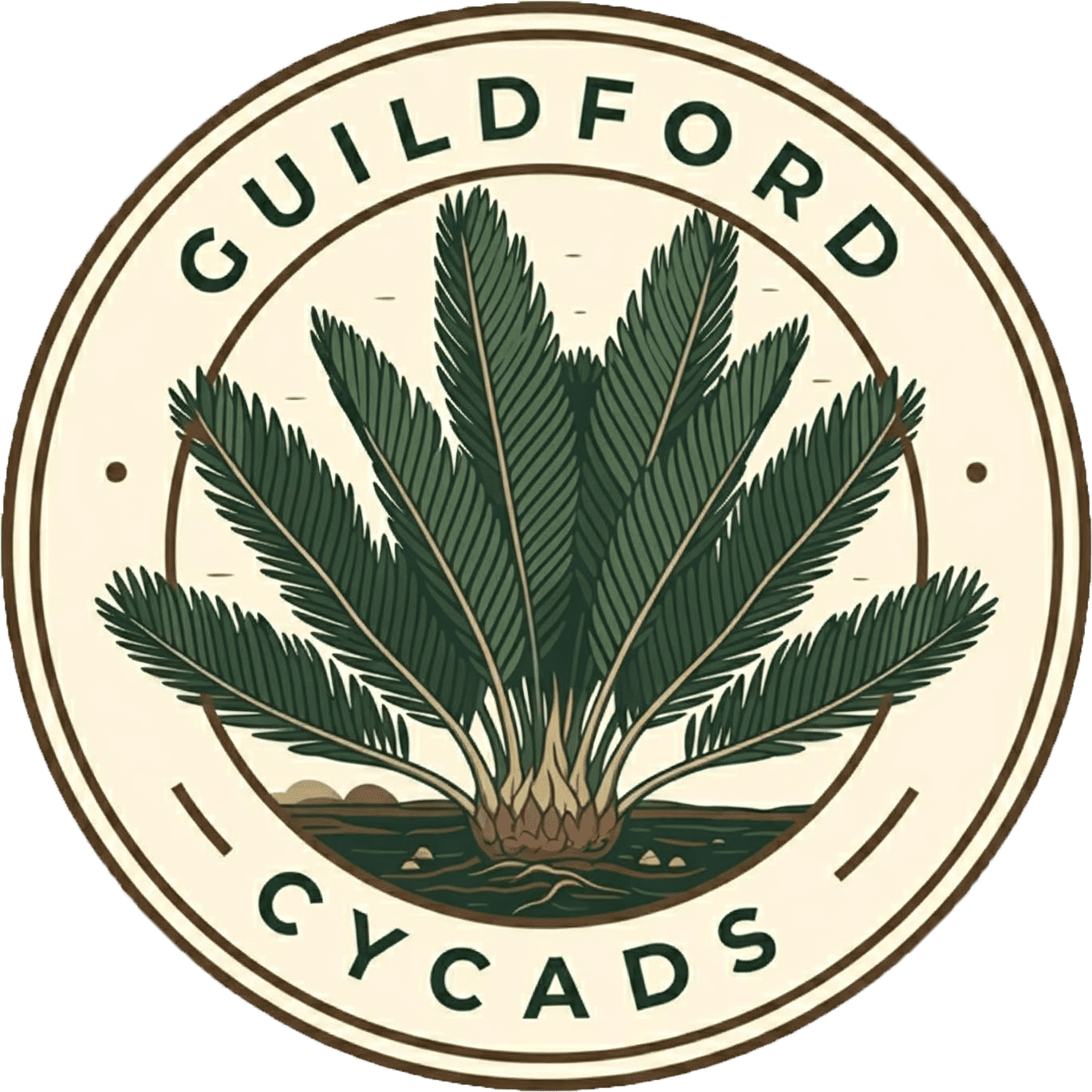Hey guys,
Just starting down my permaculture rabbit hole actually by hearing a talk by Mark Sheppard who has a cool farm in Wisconsin and wrote the book Restoration Agriculture.
What he asserts (permaculture in general?) is that with the constant of plowing needed to grow annual plants we are oxidizing all the organic material and losing precious topsoil. That civilizations have risen and fallen by the plow as once fertile soils are now devoid of nutrients transformed into dirt. I know that 10,000ish years since the advent of agriculture is quite short in terms of the geological timescale which built all of the soils but is the premise of implementing a sustainable agriculture (around perennials, agroforestry and animal grazing) pretty much requires for us to throw “modern” agricultural practices out the window?
I am not a soil scientist and don’t know enough by agriculture really and would like to hear your input. My family hails from a pretty ancient village in Greece and it just occurred to me that this idea of “ancient” is only old on this human timescale. When I usually think of sustainability I think of this rustic stone village in the mountains since its existed for all these years but I am realizing its existed as a result of modern agriculture. I am sure it wasn’t as bad in years past but when I talk to the shepherds on visits they are all heavily supplementing their sheep with grain and corn derivatives in addition to the forage. The region relies on the cultivation of wheat and beans in the low lands for quite a long time, which are annual crops that need plowing, whether by ox or john deere.
I am not really sure what I am trying to ask, but I just had an unsettling thought this morning as I am learning that even this 2000 year village arose through “modern” agriculture and isn’t as sustainable on first inspection. Any input to my thought process would be appreciated.
submitted by /u/Hi_its_GOD
[link] [comments]
